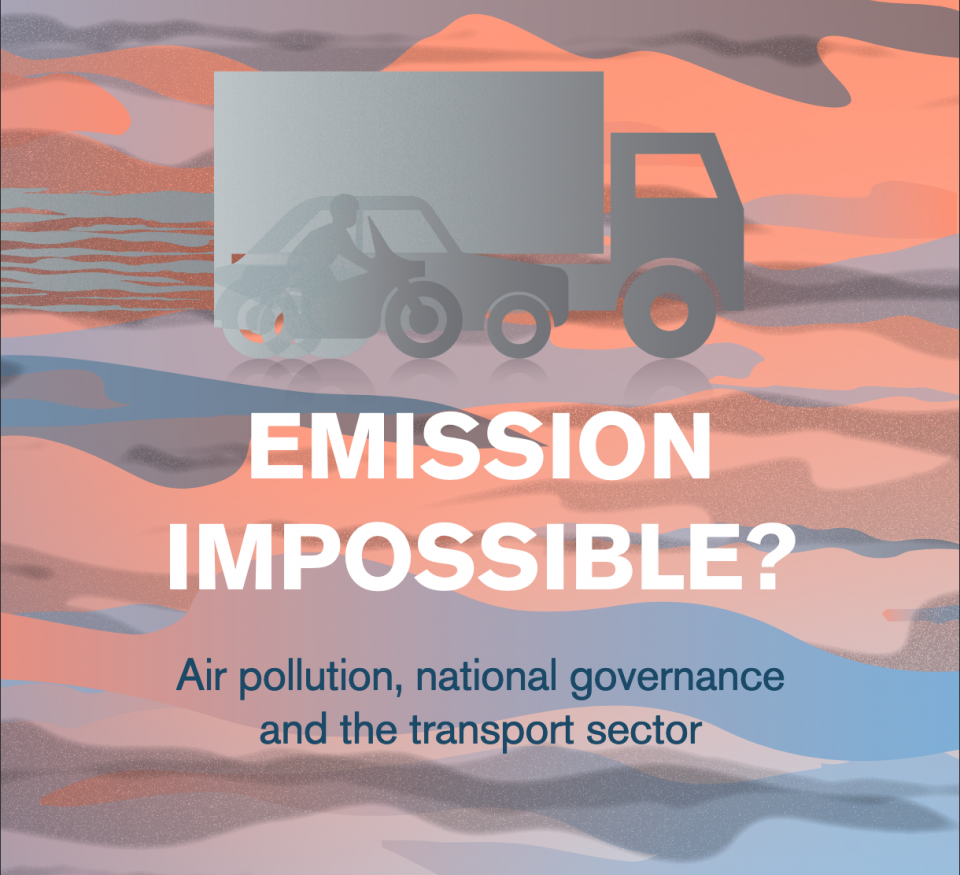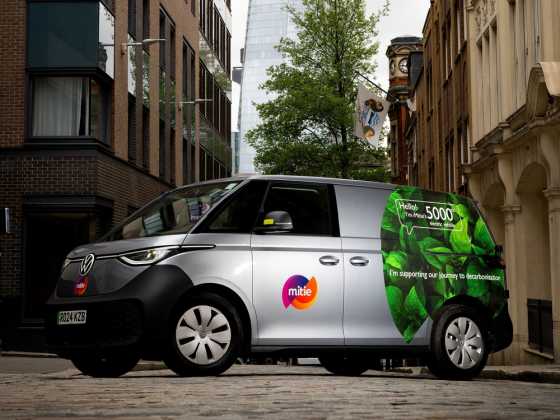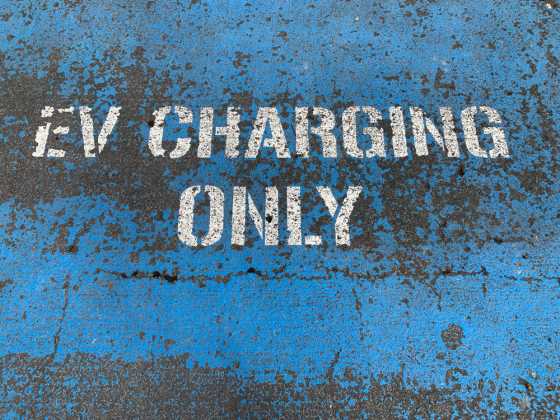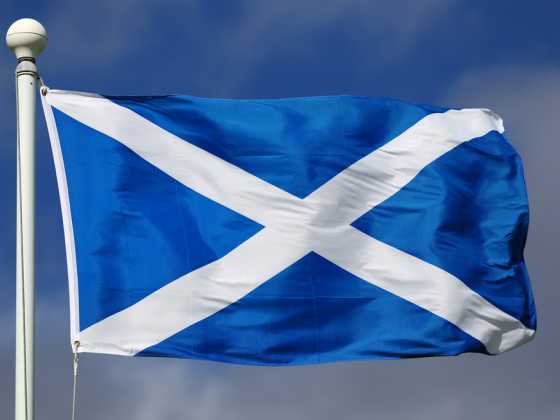Add a 'diesel duty' to improve air quality, Think Tank report says

Think Tank Bright Blue has released a report into the attitudes of air pollution, with a range of suggestions including making the purchase of ultra-low emission vehicles (ULEVs) exempt from VAT and applying a surcharge on Fuel Duty for diesel fuel.
Recently, it was forecast that EVs will only be 75% of new vehicle sales by 2040 based on current incentives – falling short of the Government’s target of phasing out fossil fuel car purchases by 2040. Bright Blue's report recommends that VAT should be scrapped on the purchase of all categories of ULEVs in the UK.
Bright Blue’s main policy recommendations for reducing air pollution from the transport sector include lifting the freeze on the value of Fuel Duty and applying a surcharge on Fuel Duty for diesel fuel (a ‘Diesel Duty’).
Introduce an ongoing surcharge for Vehicle Excise Duty (VED) on new diesel cars in the UK (‘Diesel Excise Duty’ (DED)). At present, there is a higher charge faced by drivers of diesel vehicles only on their first VED payment. After the first year of VED payment, petrol and diesel cars are subject to the same ongoing VED payments, and electric cars are fully exempt. Bright Blue recommends that a diesel surcharge on ongoing VED payments be introduced in the next tax year. Together with the tiered initial payment, this would create a separate ‘Diesel Excise Duty (DED), for all new diesel vehicles registered.
Enable local and combined authorities to strive for ‘reasonable profits’ from their charging Clean Air Zones (CAZs) to fund further local air pollution abatement policies. Local authorities cannot set charges in CAZs to raise revenue. Any additional revenue raised from CAZs must be reinvested to “facilitate the achievement of local transport policies”. Bright Blue recommends the Government allows local and combined authorities to pursue ‘reasonable profits’ from their CAZs, as long as they are reinvested to pursue policies that will tackle roadside air pollution.
Bright Blue also recommends mandating introducing charging or banning Clean Air Zones (CAZs) for non-road mobile machinery (NRMM) alongside the establishment of all charging CAZs in England, as well as replacing the current 30mph default speed limit on all ‘restricted roads’ in England and Wales with a 20mph default speed limit.
Make it a requirement for local authorities with a charging CAZ to introduce a citizen-based reporting system to increase the enforceability of anti-idling measures. In the City of New York in the US, there is a system in place to allow citizens to report commercial trucks and buses that are idling for longer than the legal three minutes – or for longer than one minute if outside schools – through taking photographs and videos and filling out an online form run by the City of New York government. Citizens who report polluters get a 25% share of the income from the fine imposed. Alongside proposed new powers to enable local authority traffic officers to instantly apply fines for stationary idling, we recommend local authorities with a charging CAZ should be required to introduce such citizen-based reporting of stationary idling. If a fine is imposed, citizens could receive a portion of the fine, with the remainder going to the local authority to be spent on other local air pollution abatement policies. Bright Blue further recommends the government consult on expanding this citizen-based reporting system from the City of New York to passenger vehicles.
Bright Blue also suggests installating, checking and cleaning particulate matter filters on all petrol cars through the annual Ministry of Transport (MOT) test. Some petrol cars, specifically those that use direct injection engines, can emit more PM than conventional diesel cars. This is because modern diesel cars are normally fitted with diesel particulate filters (DPFs), meaning the PM they generate is filtered out of the exhaust fumes. Petrol cars, however, largely lack these filters. Recent regulation means it is likely that most new petrol cars sold will have gasoline particulate filters (GPFs) fitted. But the existing stock of petrol cars in the UK continue to emit PM into the air unabated. We recommend that, as part of the annual MOT tests, any petrol car without a GPF be required to have one installed. GPF filters are relatively cheap, on average costing £25. As part of the annual MOT test, the checking and, if appropriate, cleaning of the GPF should also be a requirement, as is currently required for Diesel Particulate Filters (DPFs).



